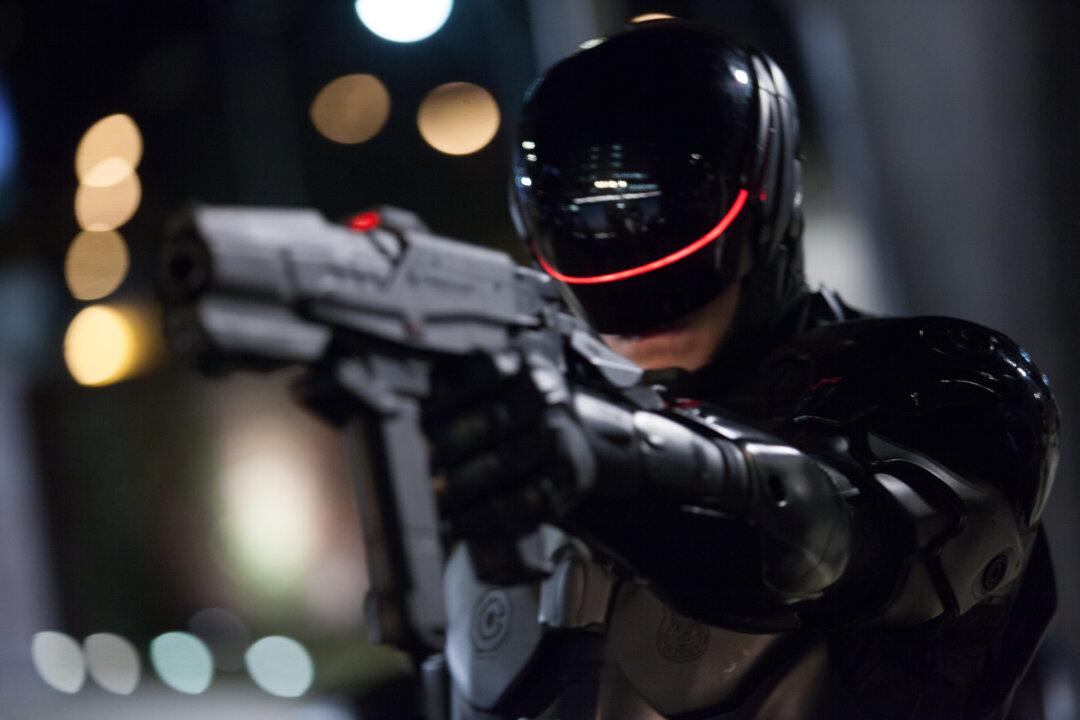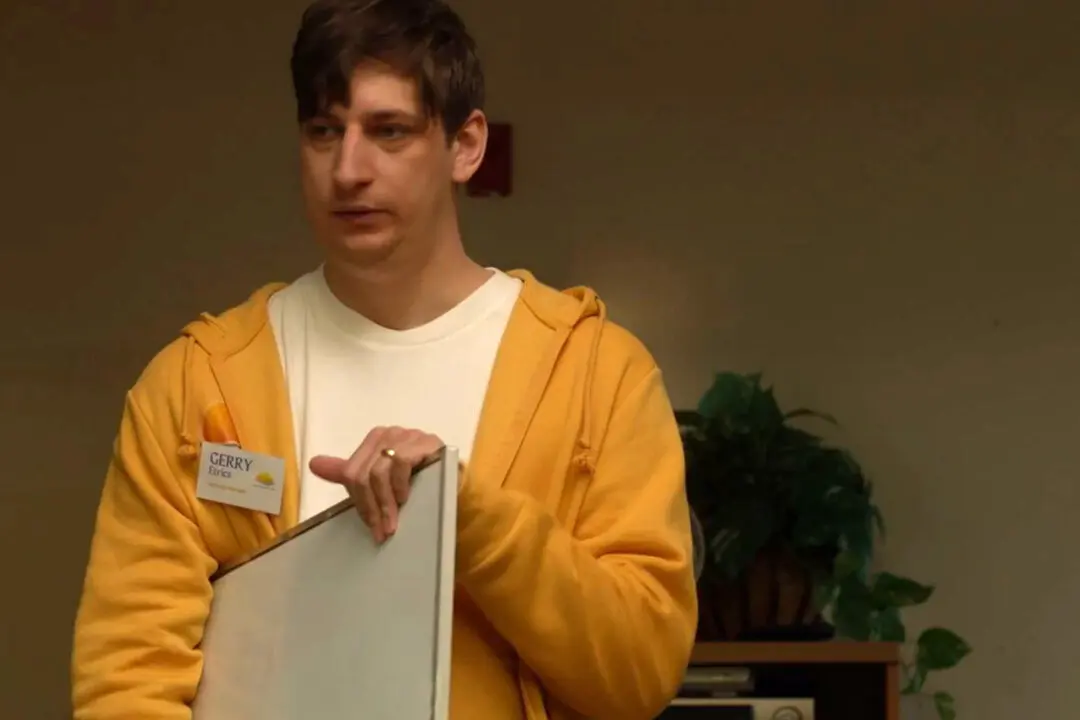I’m really into science fiction. Yes, it’s true. Really into it. I’m one of those annoying types that pronounces the genre name correctly; “science fiction,” not “sci-fi,” and I will correct people on it (sometimes in public too), which sometimes doesn’t quite work out to well for my already tepid social life. Indeed, during high school, revealing that I was into sf was quickly met with scathing looks, and usually a sudden migration away from where I was standing or sitting (complete with Roadrunner-esque speed clouds).
In college, it became quickly evident that there were fellow appreciators of the genre (often wearing trench coats), and that was when I finally worked up enough chutzpah to come out about it with a loud and proud: “Here I am world, take me as I am!” (Sans the finger snaps and head-swiveling; wow bad visual). I wasn’t quite up to the level of revealing that I'd actually played tabletop science fiction roleplaying games such as “Traveler,” “Gamma World,” and “Star Frontiers,” but it was a start, and I had ripped the screws right off of that closet door. Even my publisher knows about my formerly dirty little secret, as they recently commissioned me to write a break-down of the more common science fiction sub-genres on their website.






